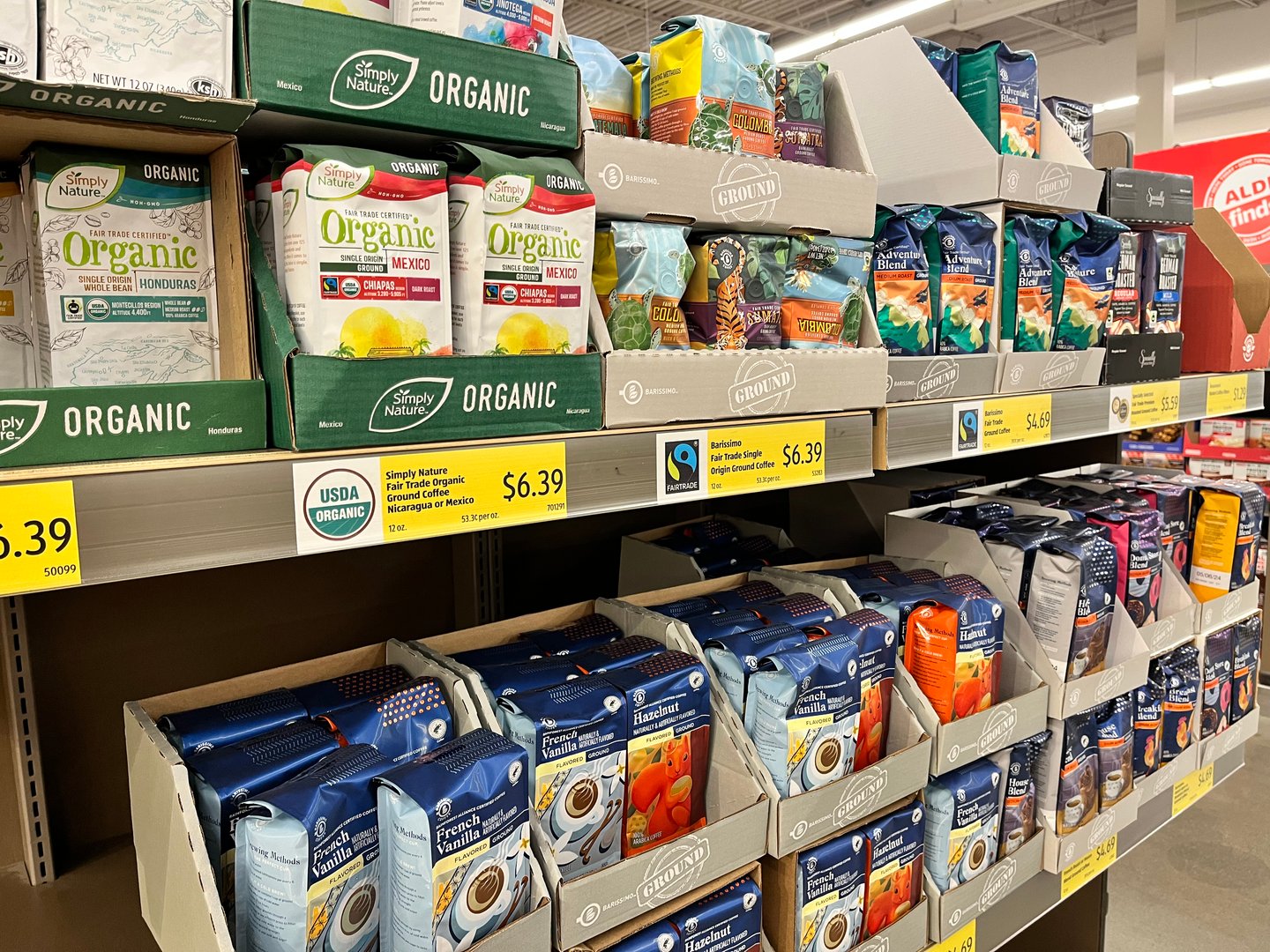New Growth Opportunities Abound In Private Label
The past few years have been a period of strong growth across the world private label. Driven initially by consumers seeking alternatives to higher priced national brands, retailers have used this unique opportunity to expand their respective assortments of store brand brands with a focus on quality and uniqueness.
But with economic forecasts showing a moderation in prices, will consumers continue to purchase store brand products at similar or greater rates of frequency as has been seen in previous years? And what can retailers do to entice consumers to remain loyal to their respective store branded products?
Recently, Store Brands spoke with Jim Griffin, president of Daymon North America. Griffin offered insight on the growing trust consumers have in private label products and the opportunities that exist for retailers looking for additional growth in the year ahead.
STORE BRANDS: Over the past few years, the desire for consumers to save money has been cited as a driver of private label sales. As we move forward, what factors will keep consumers buying private label products as prices moderate?
JIM GRIFFIN: It’s an interesting question. Inflation has cooled, which is a good thing for consumers. For many shoppers, they are looking at today's prices and comparing those to two or three years ago and feeling that things are still too expensive. This is still driving their behavior as they are taking fewer trips to the store, going more to mass retailers, and shopping at the true price-driven operators. But the key difference today versus 2021 is that (in Daymon’s research) 83% of consumers view private brands as a better value. This is up 14% from 2021. We also saw through the holidays a 50 basis point growth of private brands year-over-year. Even with inflation cooling and national brands becoming more aggressive in trying to win back consumers, many (consumers) are still sticking with private brands.
STORE BRANDS: Within Daymon’s research, are there noticeable differences in how consumers view private label products?
GRIFFIN: We do a ton of research and 92% of shoppers say they trust private brands as much or more than national brands. This is up 3% from 2021. Also, 85% of consumers view the quality of private brand products better than or equal to national brands. That number is up significantly from a few years ago. We’ve seen commitment from the supplier community and from retailers to offer the best quality products at the highest value, and that commitment will continue in the coming years.
STORE BRANDS: Does the high level of trust consumers have with private label products provide retailers with opportunities to offer expanded assortments of premium products that can be found only in their stores?
GRIFFIN: When we look at the mix of retailers and what they carry versus the retailer up the street, up to 98% of national brand items are the same between retailers. When retailers are looking to differentiate, we highly encourage them to consider private label. Not only does this allow them to differentiate from the retailer up the street, but also their online competitors as well. Offering a different tier of products that are something more than just a national brand equivalent creates more loyalty with consumers and greater differentiation from the competition.
STORE BRANDS: Within the scope of premiumization, are there specific product categories that retailers should focus on?
GRIFFIN: There are many categories for retailers to consider. Categories such as pasta, rice, and beans, things that fill the plate with some healthy attributes have seen double-digit growth and impressive unit growth. Dairy is another area where consumers have a high level of trust in private brands and we're seeing solid growth in cheese, which is a monster category for private brands that not all retailers have taken advantage of historically. We are also seeing retailers taking advantage of pet food. People treat their pets like kids and we see 20% growth of private brand pet food and high unit growth as well.
STORE BRANDS: in 2023, we saw a noticeable increase in retailers marketing their private label products to consumers. Will we see more of this in 2024?
GRIFFIN: Aside from what you're seeing in the world of social media, which is targeting a younger consumer, the television commercial advertising from retailers is focused on private brands. And the messaging wasn't necessarily item price. The messaging was look at our high quality, variety, and look at how we can enhance your meal experience at home. You certainly see everything that Target does nationally with Good & Gather. Retailers won’t spend on expensive ads unless it’s a long-term play for them. We’re really excited to see this.
STORE BRANDS: Which categories offer retailers the biggest opportunity for private label growth in the year ahead.
GRIFFIN: While we've seen growth in frozen, we'll see more growth opportunities in frozen. This is a category that has had some segments where options have been limited in private brands. Suppliers made choices that left out retailers from carrying products in some key commodity categories and even some premium categories as well. We’re pretty excited about the next couple years in frozen.


